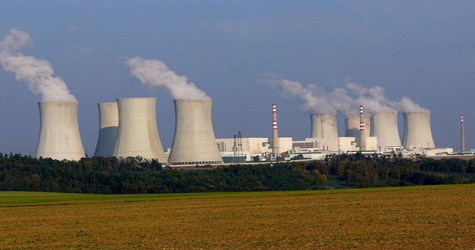More than 200,000 people demonstrated to end Germany’s dependence on nuclear power.
But in Britain plans for the next generation of reactors proceed virtually unopposed and the feed-in-tariffs that would support renewable alternatives are on the scrap heap.
Chancellor Angela Merkel’s Christian Democratic Party lost control of the prosperous Baden- Württemberg region of South Germany for the first time in six decades. The election was lost to the Green Party and the nuclear question was unquestionably a key issue of the debate.
“Germany has the most enlightened renewable energy policy in the world,” said Ken Moss, the CEO of British photovoltaic (PV) developer mO3 Power.
Last week, the German Chancellor announced the closure of seven reactors and Germany’s ‘measured exit’ from nuclear power production but the U-turn obviously came too late to affect the electorate.
“It is no surprise to me that the electorate has turned against Chancellor Merkel’s plan to keep some reactors running into the 2030’s as ‘bridge technology’. Germany has a commitment to source 60% of its electricity from renewable sources by mid-century. The events in Japan are convincing, what seems to be a majority of Germans, that they want to advance that policy even further,” said Mr Moss.
A poll published in the German magazine Stern, last week showed that 52% of respondents wanted nuclear power phased out completely within five years.
Global unease about the safety of nuclear reactors increased after plutonium was detected in soil samples taken from around the crippled Fukushima nuclear plant yesterday. This reinforces fears that the full scale of the problem has still not been fully revealed to the world’s media.
“The situations in Japan and the UK are obviously very different and nuclear energy still has a part in the power mix for Britain’s low-carbon future but it is unbelievable that the DECC have chosen to end the development of solar technology in Britain,” said Mr Moss.
Greg Barker the Minister for Climate Change announced last week that the DECC were proposing to cut the Feed in Tariff for commercial solar development by more than 70% from August this year.
“If ratified this cut in the FiT would effectively end all commercial development of solar energy in the UK,” said Mr Moss. “If we are to build fewer but safer reactors in the future then it is imperative that we develop all our renewable options. It is astonishing that the DECC have decided to take solar out of the equation.”








